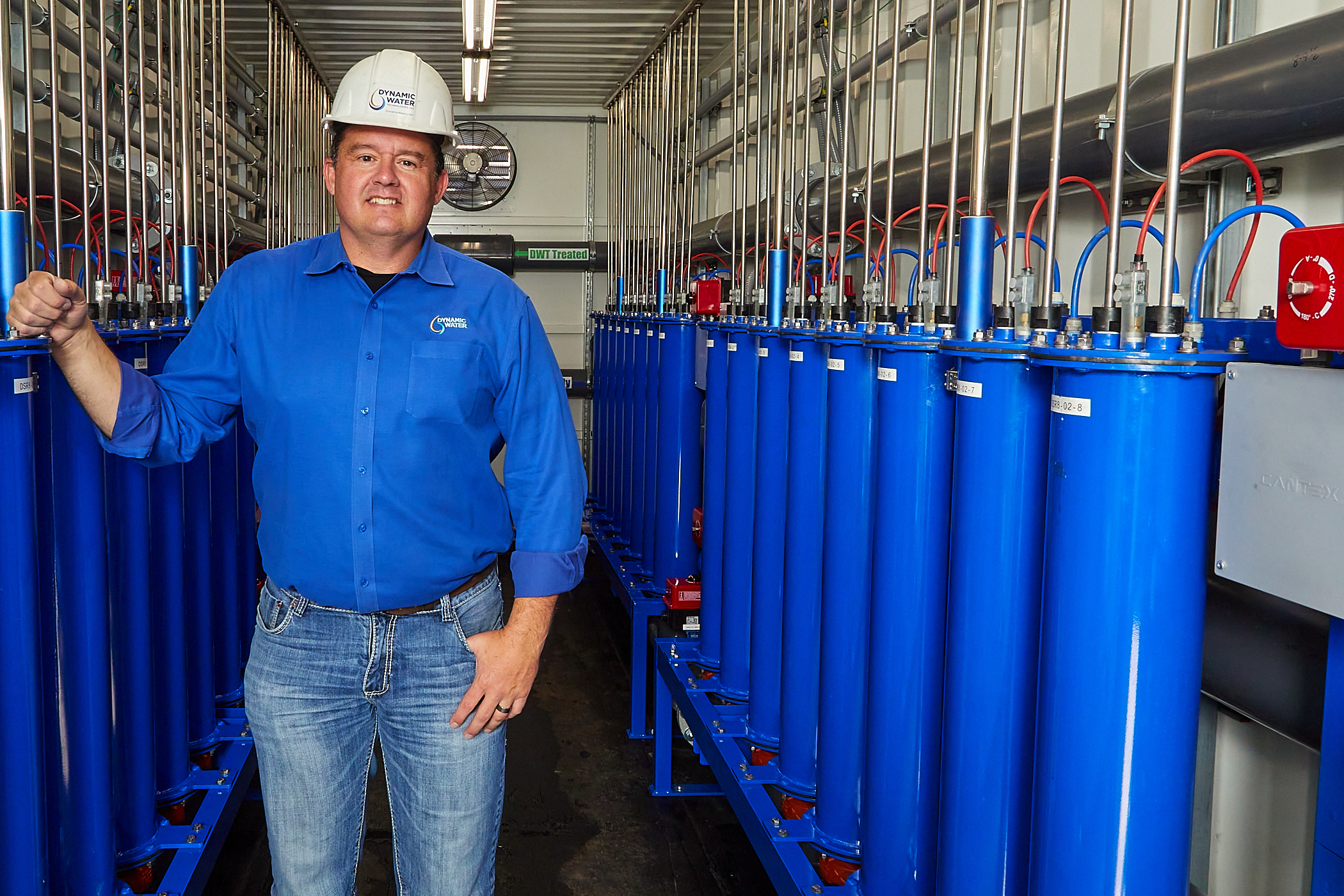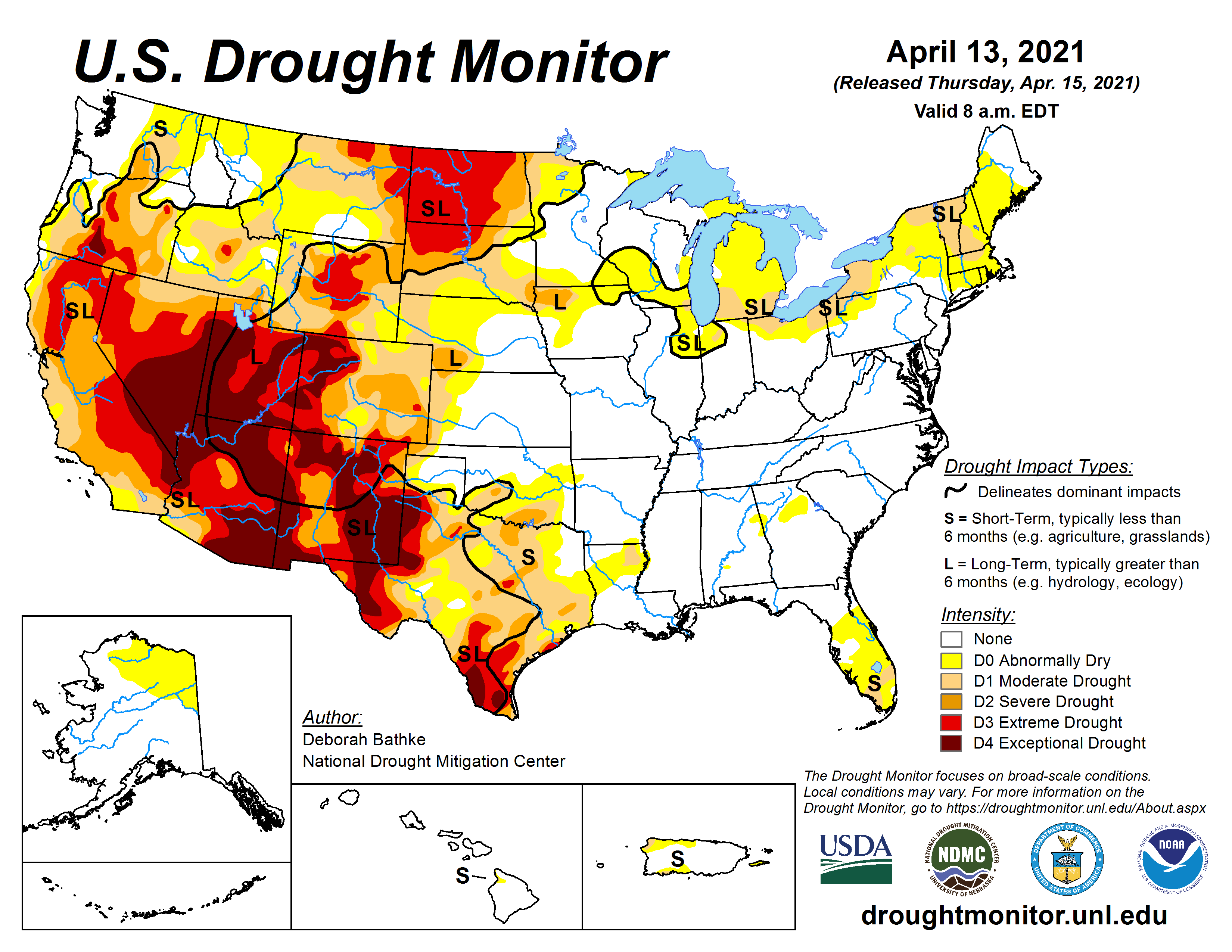Dynamic Water Technologies is one of many businesses that are urging government leaders and peers to look at additional ways to reduce their water use.
Business owners and government officials face an increasing obligation to shareholders and their communities to improve sustainability efforts in the face of a growing global climate crisis and water shortage.
Government leaders throughout California, Arizona, and Nevada are bracing for restrictions on water use as supplies from the Colorado River and tributaries continue to shrink to alarming levels. A contingency plan for water reduction could be triggered as early as this year if levels in Lake Mead drop below a specified level. The Nevada reservoir is 39 percent full.
“While governments put in place water-reduction efforts for their communities, business leaders must also look at ways to reduce water use,” says Mike Boyko, co-founder and COO of Dynamic Water Technologies
. “It’s the moral responsibility of every resident and every industry to find ways to protect our water supplies.

Boyko has spent more than 30 years working with companies that generate sustainable business options. A native of Arizona, he recognizes the impact of the megadrought affecting America’s southwestern states. One of his go-to partners in persuading both business and government that innovative technology
can reduce water use is Gabbard Energy Group
, based in Folsom, Calif.
Glenn Gabbard, founder and co-owner, serves as a broker connecting business owners and governments to companies and individuals developing technological advances that can save water.
“It is time to face the reality of our drought conditions and act responsibly,” Gabbard says. “We need a consistent, coordinated daily effort from the public and private sectors to actively adopt water conservation practices. Whether a business owner accepts the reality of climate change, it is simply smart business practice to incorporate water-saving technology into any business operation.”
Dynamic Water Technologies, for example, uses electrolysis to treat process and industrial water without using harsh chemicals. The treatment system allows water to be reused for multiple more cycles, saving millions of gallons of water per year for large industrial complexes, tall buildings with massive cooling towers, shopping centers, and medical centers.

Boyko agrees with Gabbard that it is the responsibility of both government and businesses to act.
“Business owners cannot afford to ignore what is happening in the environment,” Boyko says. “Smart business leaders will embrace technology that saves natural resources because, in the end, it makes sense financially and ethically.”
But Boyko and Gabbard say they face an uphill battle in getting key leaders in government and business to understand the necessity of adapting.
“Unfortunately, our biggest challenge is getting them to listen,” Gabbard says. “…to give us a chance to explain how some simple changes in their technology and business operations can make a huge difference in the amount of water that they can save each day.”
For example, DWT partnered with the City of Los Angeles to install its system at City Hall East. Data from the project shows more than 2.4 million gallons of water saved annually since installation.
The installation at Los Angeles City Hall East
is one of two at government facilities that used DWT’s treatment system as part of studies by the National Renewable Energy Laboratory, a division within the U.S. Department of Energy. A multi-month study at the 242,000 square-foot Juliette Gordon Low Federal Building in Savannah, Ga., produced similar water-saving results as those reported in Los Angeles and recommendations that DWT’s technology be adopted at all federal government facilities.
Neither Boyko nor Gabbard can understand why these statistics aren’t swaying leaders.
“Our work and case studies with the City of Los Angeles alone should be compelling but we are still working to get an audience with the State of California and other large municipalities like the City of Sacramento, San Jose, San Francisco,” Gabbard notes. “It’s frustrating considering the many environment initiatives that California has implemented over the past few years.”
Gabbard and Boyko both believe that educating leaders in government and the private sector on the benefits of saving water is what will make the difference.
“Education and communication with the key decision makers in every business is essential,” Gabbard says. “Once we have an opportunity to explain how our technology works, show them the many proof of concept case studies with the GSA, Department of Energy, City of Los Angeles, and others they can understand why our technology such as DWT’s makes sense.”
For Boyko, it’s simple, “Water rights will be the next major battleground, and we’ve got to prepare for even greater scarcity of this precious resource. The time to plan is now – before it’s too late.”
Keep up with all of Green Living‘s original content online and on social media.






